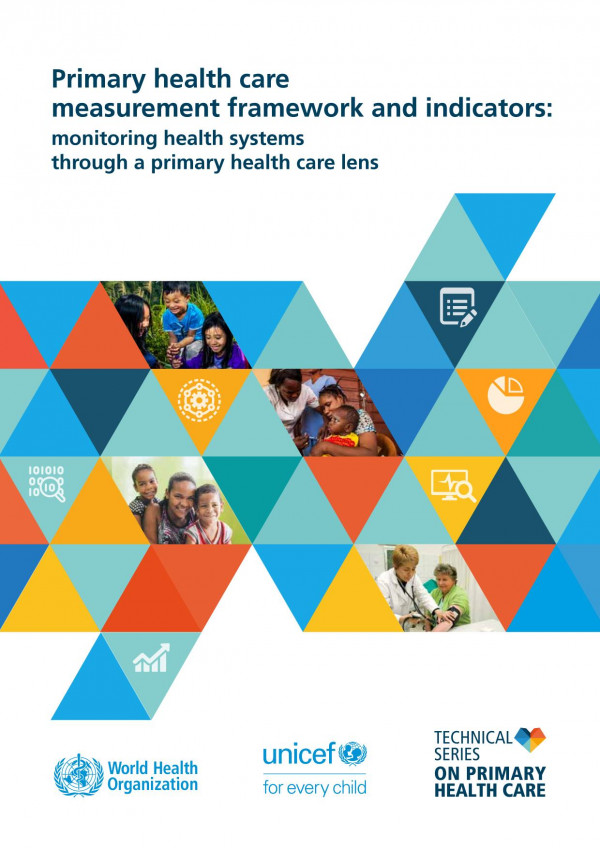

Most ebook files are in PDF format, so you can easily read them using various software such as Foxit Reader or directly on the Google Chrome browser.
Some ebook files are released by publishers in other formats such as .awz, .mobi, .epub, .fb2, etc. You may need to install specific software to read these formats on mobile/PC, such as Calibre.
Please read the tutorial at this link: https://ebookbell.com/faq
We offer FREE conversion to the popular formats you request; however, this may take some time. Therefore, right after payment, please email us, and we will try to provide the service as quickly as possible.
For some exceptional file formats or broken links (if any), please refrain from opening any disputes. Instead, email us first, and we will try to assist within a maximum of 6 hours.
EbookBell Team

5.0
78 reviewsThis document aligns with and advances WHO’s work in monitoring UHC and the SDGs, including WHO’s Thirteenth general programme of work, as well as other global health system monitoring efforts, thus minimizing the country-level reporting burden and reducing the risk of duplication. The result of this alignment and extensive consultation is a menu of indicators that countries can use and prioritize based on national context and health needs in an approach that is suited to the maturity of its health system
Primary health care (PHC), as outlined in the 1978 Declaration of Alma-Ata and again 40 years later in the 2018 World Health Organization (WHO) and United Nations Children’s Fund (UNICEF) document A vision for primary health care in the 21st century: towards universal health coverage and the Sustainable Development Goals, is a whole-of-government and whole-of-society approach to health that combines three core components: multisectoral policy and action; empowered people and communities; and primary care and essential public health functions as the core of integrated health services (1, 2). By bringing together these three components, PHC creates the foundation for the achievement of universal health coverage (UHC) and the health-related Sustainable Development Goals (SDGs). A PHC approach can help countries equitably maximize the level and distribution of health and well-being by focusing on people’s needs and preferences (both as individuals and communities) as early as possible along the continuum of care – from health promotion and disease prevention to diagnosis, treatment, rehabilitation and palliative care – and as close as possible to people’s everyday environments.In 2019, Member States reaffirmed their commitment to strengthening PHC towards the achievement of health for all without distinction of any kind through the Declaration of Astana, adopted at the Seventy-second World Health Assembly by resolution WHA72.2 on primary health care, and reaffirmed this in the 2019 Political Declaration of the High-level Meeting on Universal Health Coverage (3-5). More recent events have placed even greater pressures on countries to rapidly respond to a global pandemic while continuing to protect the health and well-being of its individuals, highlighting further the need to invest in strengthening resilient health systems based on a PHC foundation.
Additionally, primary health care accelerates progress towards current WHO goals and priorities, including: WHO’s Thirteenth general programme of work 2019-2023, and its corresponding results framework with its triple goal focus on promoting health, keeping the world safe and serving the vulnerable; the global action plan for healthy lives and well-being for all, including the primary health care “accelerator”; WHO’s framework on integrated people-centred health services; and WHO’s framework for action for strengthening health systems to improve health outcomes and its six building blocks